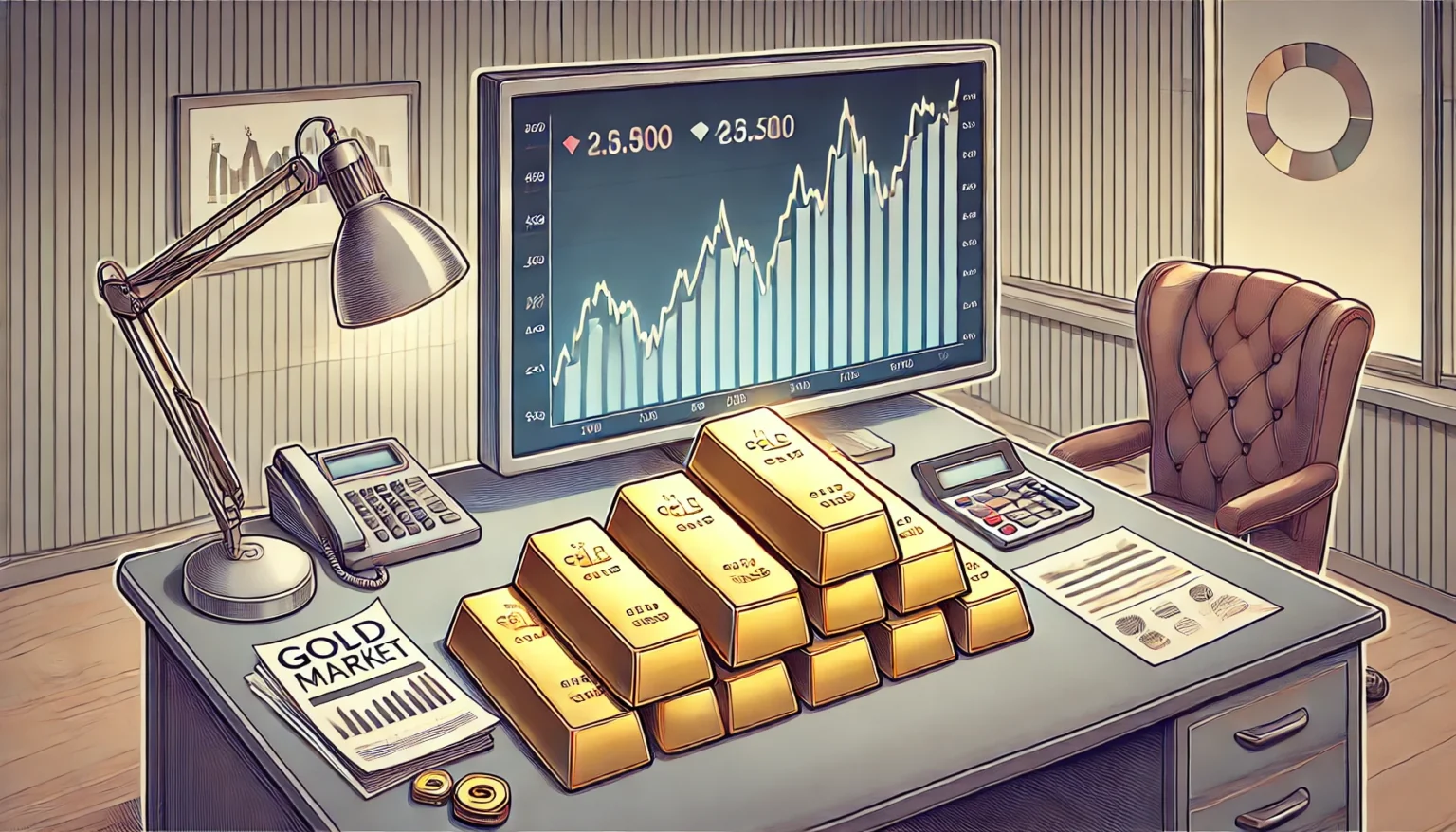Myth Busting: Does Higher GDP Always Lead to Higher Market Returns?
A common belief among investors is that a growing GDP directly translates to rising stock markets. However, data reveals that this connection isn’t as straightforward as it seems. A recent analysis from DSP highlights that while GDP growth and stock market returns are often related, they don’t always move hand-in-hand, particularly over the long term.

The Disconnect Between GDP Growth and Market Returns
The chart presented compares 30-year returns for equity indices (adjusted for inflation) with real GDP growth across various countries. The findings are surprising:
China: Real GDP growth averaged 2.8%, while stock market returns in local currency were only 1.5%.
Philippines: Real GDP growth was 4.7%, but market returns were just 2.9%.
Malaysia: GDP growth hit 4.8%, but markets delivered only 1.8%.
South Korea: GDP grew by 4.3%, but market returns lagged at 2.9%.
These countries illustrate a clear disparity: despite robust economic growth, stock market returns failed to keep pace.
India and the US: Exceptions to the Rule
India: Real GDP growth: 6.2%
United States
Real GDP growth: 2.5%
Real market returns: 8.9%
With a buffer of 6.4%, the US exemplifies how stock markets can outperform GDP growth due to factors like innovation, productivity, and efficient capital allocation.
Why GDP Growth Doesn’t Guarantee Higher Market Returns
Stock Market Composition:
The companies listed on a stock exchange may not fully represent the broader economy. For instance, private companies or small businesses driving GDP growth may not be reflected in market indices.
Earnings and Valuations:
Market returns are driven by corporate earnings and the price investors are willing to pay for those earnings. High GDP growth doesn’t always translate into proportional profit growth for listed companies.
Inflation Adjustments:
Both GDP and market returns must be adjusted for inflation to make a fair comparison. Even if GDP grows robustly, inflation can erode real market returns.
Capital Flows and Country Risk:
Investor sentiment, capital flows, and geopolitical risks play a significant role. A country with strong GDP growth might see limited market returns if foreign or domestic capital is directed elsewhere.
Market Cycles:
Markets often run ahead of economic data, pricing in future growth. This can lead to periods where returns outpace GDP growth, followed by phases where returns lag, even if GDP growth remains steady.
Lessons for Investors
Don’t Solely Rely on GDP Growth: While GDP growth is an important indicator of economic health, it isn’t the sole determinant of market performance.
Diversify Across Markets: Given the disparity in GDP and market return correlations, diversifying globally ensures exposure to markets that may outperform at different times.
WeekendInvesting launches – PortfolioMomentum Report
Momentum Score: See what percentage of your portfolio is in high vs. low momentum stocks, giving you a snapshot of its performance and health.
Weightage Skew: Discover if certain stocks are dominating your portfolio, affecting its performance and risk balance.
Why it matters
Weak momentum stocks can limit your gains, while high momentum stocks improve capital allocation, enhancing your chances of superior performance.
Disclaimers and disclosures : https://tinyurl.com/2763eyaz










